
PJ Brooks, PhD, deputy director, Division of Rare Diseases Research Innovation, NCATS, NIH, discussed ongoing initiatives.

PJ Brooks, PhD, deputy director, Division of Rare Diseases Research Innovation, NCATS, NIH, discussed ongoing initiatives.

Based on these data, the phase 2 Regenerate PD trial of AB-1005 will begin enrolling later this year.

John A. Charlson, MD, associate professor of medicine, Medical College of Wisconsin, discussed advantages of afami-cel for synovial sarcoma and other solid tumors.

PGN-EDODM1 is being evaluated in the US and Canada in a phase 1 trial.
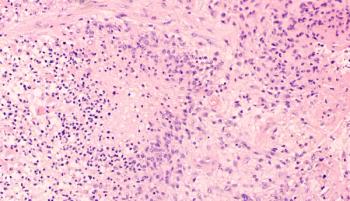
A phase 1 trial evaluating INB-200 has shown a PFS benefit in treated participants.

The company’s TSHA-201 AAV gene therapy for Rett syndrome is its current priority.

David Porter, MD, director of Cell Therapy and Transplant, Penn Medicine discussed how experience in oncology enabled the logical expansion.
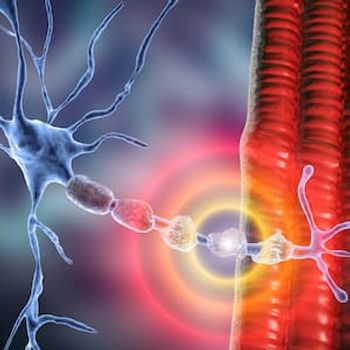
Another recent program in the investigational landscape was Helixmith’s deprioritized Engensis diabetic neuropathy gene therapy.

The cells may have potential to modulate disease in other cases of respiratory disease and critical illness.

The company expects to open the first clinical site in the DOSED study in the second quarter of 2024.

A case study previously described successful immune modulation with AgenT-797 in a patient with high-risk gastric cancer leading to a partial response.

The FDA is allowing a small, single-arm study to support a BLA submission of ST-290, if Sangamo can find help to continue developing the therapy.

Robert Hopkin, MD, Cincinnati Children’s Hospital Medical Center, discussed unmet needs and patient-reported outcomes from the STAAR trial.
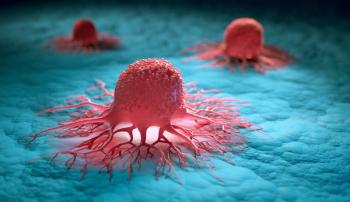
Acepodia is also evaluating a CD20-targeted γδ2T-cell therapy in patients with non-Hodgkin lymphoma.

The FDA has requested that black box warnings related to secondary cancer risks be added to all 6 CAR-T therapies currently on the market.

Nanoscope Therapeutics received feedback from the FDA endorsing significant change in BCVA as a primary endpoint supporting approval.

Data from a meta-analysis of 3 groups of patients were presented at AAN 2024.
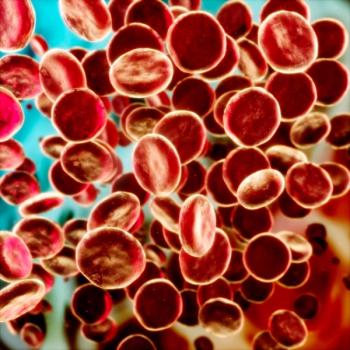
For World Hemophilia Day, CGTLive takes a look at how the hemophilia field has adapted to the introduction of gene therapy to the treatment landscape.
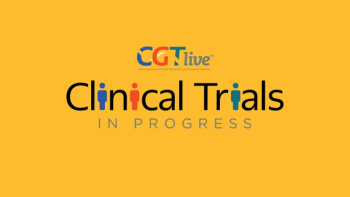
The more recent data were presented at the 2022 ASGCT Meeting.

The company plans to initiate a pivotal trial of 4D-710 in the second half of 2025.

One participant experienced a possibly related serious AE of pigmentary changes in the macula with severe vision reduction.

The best response was very good partial response in 3 of 5 participants.
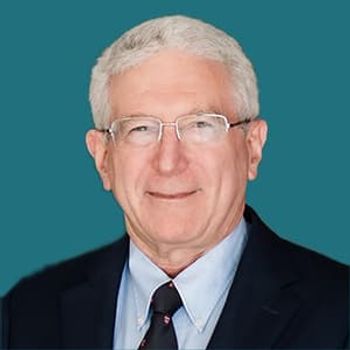
Paul Harmatz, MD, professor, UCSF, discussed benefits in neurocognitive outcomes and ERT therapy usage after RGX-121 gene therapy for Hunter syndrome.

Adipose-derived MSCs did significantly increase salivary flow rate from baseline in patients with previous head and neck cancer.

The cells showed activity toward PDAC cells as well as cancer-associated fibroblasts, which may address challenges with the tumor microenvironment.

Catch up on any of the key data updates you may have missed last month, with coverage highlights from the CGTLive™ team.

The approval comes a couple weeks after ODAC voted in favor of Abecma’s benefit-risk profile and sBLA.

Investigators observed no notable toxicities including cytokine release syndrome, neurotoxicity or graft-versus-host disease.

KYV-101 is also being evaluated in lupus nephritis, myasthenia gravis, and systemic sclerosis.

Val-rox was approved as Roctavian in June 2023.